David Lowery: Songs of the Unsung

Photo Credit: Jason Thrasher
***
David Lowery toured this year with a mix of shows celebrating the 40th anniversary of Camper Van Beethoven’s debut, Telephone Free Landslide Victory, duo and band gigs with Cracker, as well as solo dates promoting his recently-released Fathers, Sons and Brothers.
Fathers, the 28-track musical memoir of Lowery’s personal life explored childhood memories, drugs at Disneyland and broken relationships. Of course, it tackles his lengthy career as an indie and major label artist who catalog highlights include the alt-rock classic “Take the Skinheads Bowling” and commercial breakthrough of “Teen Angst” and “Low.” The album works as a selection of songs that encapsulate much of his musical history— folk, country and rock—as well as an illuminating narrative that relates the ups, downs, tenacity, reflection and resolve of more than four decades as a musician.
“Over the years, many have encouraged me to write an autobiography,” Lowery said. “However, it never really appealed to me. So, in lieu of an uninteresting written autobiography, I’ve made this record.”
The 3LP/2CD set compiles three previously online-only albums (In The Shadow of the Bull, Leaving Key Member Clause and Vending Machine), adds four unreleased songs and includes four re-recorded tracks that serve as both callbacks and reimaginings.
Lowery has written of Fathers, Sons and Brothers: “In lieu of an uninteresting purely written autobiography I’ve made this record and supplemented it with these relatively short explanatory notes on many of the songs. I do this not so much to tell my own story but to pay tribute to my mother, father, sisters, extended family, friends, and those who have shared their lives with me. I wanted to sing the songs of the unsung, celebrate friends and family, make amends, and apologize where necessary. I hope you as a listener and a reader enjoy the experience.”
In addition to the album, Lowery elaborates on the background of each track on his Substack page, https://davidclowery.substack.com/. For example, writing about “We Hate You,” he discusses the scene on a ferry ride from Denmark to Sweden when the animosity within Camper’s ranks reached its peak just prior to the band’s breakup. As he recounts the specific event that gives the song its title, he contemplates his mindset at that time and how it regrettably led to such circumstances.
While he’s kept a busy concert schedule over the past several months, Lowery has just returned to his role as a Senior Lecturer in the music business program at the University of Georgia’s Terry College of Business.
I spoke to him prior to a Cracker performance. He followed that up a week later with a solo acoustic date. It took place shortly after my conversation with Vince Herman of Leftover Salmon, which made it the closest to a reunion of the O’ Cracker Where Art Thou? lineup that featured Lowery and Johnny Hickman of Cracker joined by the members of LOS. Together, they recreated Cracker tunes in a bluegrass style.
JPG: Do you like that mix-and-match type of format—band then solo—or would you rather do all one then all the other?
DL: It would probably be easier to do all one, which would have been the solo thing, but the solo album came out a little later than anticipated. We had a lot of Cracker and Camper Van Beethoven events planned. So, I’m trying to work around it the best I can. It’s a pretty intense schedule. I’m figuring it out as we go along.
JPG: It’s similar to when I was talking with Vince Herman. The shows are the fun thing; it’s the traveling that really wears you out.
DL: Yeah, that’s definitely it. I forget who said that. I’ve heard it attributed to many different people. “You pay me to travel, I play for free.” I’ve heard it attributed to Elvis Costello and other people.
JPG: When you perform, you have a specific amount of time onstage. People want to hear certain songs. As a creative artist, do you feel that obligation to do that and you’re fine with that or do you prefer to go out more like the Grateful Dead who changed things each night and do deep cuts and covers and, maybe, a couple hits?
DL: Well, we try to always play the hits. I mean, what counts as hits. It sort of varies from region to region, actually, but we try to play the main hits and then try to dive into the deep tracks as much as we can.
We used to work with a really big setlist when we played 100 to 150 shows a year. We have to be a little more methodical about it now that we’re more like about 40 or something shows a year. It’s sort of like, “Alright, we’ve got some shows coming up. What are we going to do?” It’s not like we write a set list for the shows, but we do kind of have to reel it in a little bit from what we once did.
One of the advantages of being on the road a lot is we had a really vast repertoire. But, frankly, it’s just not fun to play that many shows a year when you get into your 50s and your 60s. So, we just approached it a little differently.
What I try to do, this weekend for example where we’re playing these [Cracker] acoustic shows, “What songs will sound good on acoustic guitar?’ and ‘Here’s two of the hits.”
We’re a little more methodical than we used to be. I wish I could put both bands together and over the course of a six-week tour, play all 300 songs from my repertoire but it’s a challenging thing.
That’s actually pretty amazing that the Grateful Dead did that all those years and had such a diverse setlist.
When we played with the Grateful Dead 31 years ago, they played “Attics of My Life.” I believe that’s where I saw them play that. That’s a really complicated song. Do you know how much rehearsal that would take? You don’t just play that song purely from memory unless you’re doing it every night. That’s an incredibly complex bit of music.
JPG: I caught them playing it in ’93 at the Richfield Coliseum. It sounded quite good. I recall the harmonies were quite nice. Then again, doing something so out of the ordinary, that’s part of the fun of it. Is it fun for you, if you go for something unknown and even if it turns out to be a trainwreck, you’re still like, “At least we did it”?
DL: No. I’m not that kind of personality. I know I’m the lead singer, but I’m a member of the rhythm section and we rehearse and we’re tight. Literally, the only rehearsals that happened for Cracker are the rhythm section. We just do our own rehearsals.
JPG: Well, you have a good one in Johnny Hickman as a lead guitarist. I’ve seen him with you, and I’ve seen him solo.
DL: Yeah. He just plays off of feelings. That’s his thing.
JPG: I feel he’s similar to Mike Campbell of the Heartbreakers, where he’s very economical with what he plays and each note sets up the next one, which sets up going back into the chorus or next verse.
DL: That’s the formula of the band, originally, was I sing something, he plays something.
JPG: Let’s jump to your solo album, Fathers, Sons and Brothers, which is very good, by the way. The first thing I noticed, and want to say thank you, is you didn’t use the Oxford comma.
DL: In the title? [Laughs.] Did you see that debate online? Somebody posted something about “Why didn’t he use the Oxford comma?” I use the Oxford comma often when I’m writing things, but it does not belong on a rock album title. We actually laid it out with the album designer. We’re like, “Should we have the comma or should we not have the comma?” Then, we basically did not put the comma in the title.
If people don’t know, the Oxford Comma is whether you put a comma between the second thing and the “and.” It looks funny in a title, if you ask me. So, we did not use it. That’s not rock if we put that comma in there.
JPG: I’m not a big fan of it. So, I was glad not to see that on the album cover. Now, it’s a 3LP or 2CD set, a compilation of online releases with additional tracks. When you originally made those albums, did you have the idea in mind to eventually put them altogether?
DL: So, I did those three albums. You could order them online. They were limited edition physical CDs. It was actually the opposite of being online. I didn’t really want them on any platforms. I didn’t want any intermediaries. I wanted to sell directly to the fans, and that’s what I did.
It was a project, it’s autobiographical is the idea of this record. I didn’t know how many discs I needed. After I did three, I wrote the remaining songs that I felt like I needed for the set and then put all that out together. I actually re-recorded a couple of the other ones and reworked them.
It’s 28 tracks. There’s eight new recordings. If you didn’t get those limited edition CDs, there’s 28 new recordings.
Basically, I felt like I finished the story and I put it out with wider distribution in record shops, online, on Amazon and then on the digital platforms as well. I finally allowed streaming once I got to the end of it. You allow streaming, you suck all the money out of your projects.
It’s really crazy, man. It must work for big labels that have hit artists and stuff like that but the royalties that are paid on streaming, there’s no way that we really ever have this, kind of, healthy, complex, diverse musical ecosystem that we once had with physical products. It just starves the creators too much.
JPG: I wonder with pop artists, who are getting hooked up with alcohol brands or other products. Are they successful because they’re hooked up with so many other things or are they getting so many streams that they’re actually some of the few who are making money at it?
DL: I don’t know. But, look, there’s statistics on this, empirical data on this. People, when they’re streaming music, the majority of what they’re streaming is all their music. So, we won’t know what this means for another 20 years. We won’t know which of the artists that are current today endure 20 years from now. It’s weird.
I teach at University of Georgia. I’m teaching business stuff and some pretty technical stuff—licensing, copyright and stuff like that—but I do end up asking before and after class what they’re listening to. It’s amazing to me that most of the students are listening to music that was in my generation. It’s not necessarily the only thing they’re listening to but “Why are you guys listening to Steely Dan records? Shouldn’t you have your own Steely Dan?” [Laughs.]
JPG: There is no current Steely Dan.
DL: There’s also a lot of young people that are playing full ensemble music, too, where they have full bands. There’s been a trend back towards that with my students, away from that laptop kind of pop and back towards the four or five, six-piece bands. I don’t know. We’ll have to see. We won’t know for years.
JPG: For someone who has that duality of being a musician for years who has been around during the transition of the record industry as well as someone who teaches and gets into the numbers of the business side of the music industry, do you think things are better or worse now for artists?
DL: Objectively and empirically, artists get less money. There’s no arguing with that. People can make fancy arguments or give you examples of exceptions to the rule—because there’s always going to be exceptions to the rule—but the streaming, the formula we’re paying artists that’s used because it’s pro rata (where streaming platforms distribute royalties to artists based on their share of total streams) means most of the money goes to the top five per cent of the artists and there’s no middle class in the music business anymore. Music is built on that middle class. That’s where the innovations come from, and that’s what the pop artists build their great works on, and I just…I don’t know.
Also too, just because it’s very convenient, the internet and music doesn’t mean that it’s good. We managed to find music when you had to go down to the store and get music. I don’t remember complaining about it back then. It was a fun thing. Friday afternoon, you got your paycheck. You went down to the record shop. You hung out with your friends. Maybe bought some records. Bought some beer. Went home. Listened to the records.
JPG: Your description there could also be used as an extension of 21st century capitalism and the super-rich versus the middle class.
DL: Yeah. The thing with streaming though is it’s literally because of the federal regulations. There’s no renegotiations. There’s no capitalism in digital music. When you’re a songwriter, there’s a board called the copyright royalty board in the copyright office that sets your royalties. You don’t say, “No” to a streaming service. There’s a way to say, “No” if you own both the recording and the underlying songs, but there’s no capitalism in streaming music.
It’s this monopolistic, highly-regulated, crony capitalism, maybe, is what you have, which you see in a lot of other places as well as, too. It’s an interesting time to live in.
JPG: Speaking of owning your recordings, Cracker’s Alternative History: A Cracker Retrospective, reminded me of what Squeeze and Taylor Swift did in re-recording their songs in order to own the material rather than the artist’s former record company to do what they want with it.
DL: Well, they’re not all necessarily re-recordings. Some of them are re-recordings of songs so that we have the license but some are alternate takes that we explored of the song.
For instance, we did alternate takes of Cracker songs with Leftover Salmon, and they sound nothing like the originals. So, that’s some of what’s on there.
There’s a song called “Merry Christmas Emily” from Forever. At some point I was going through the demos and I was like, “Oh, at first we were doing this slower and it was spookier.” So, I was like, “Okay, let’s cut this alternate version of it.”
So, the reason it’s Alternative History is, yes, some of the re-recordings were done years ago, and they are just soundalikes of the original. One of the reasons we did those often was somebody would come to us with a license for a commercial or a film and instead of giving half the money to the record label, we would just re-record it. Then, we would take all the money. That’s how some of those came about. So, “Low” sounds like the original “Low.” “Teen Angst” sounds like the original “Teen Angst.” But, “Sweet Potato” with Leftover Salmon is entirely different…
JPG: “Eurotrash Girl [Waltz]” (with Leftover Salmon).
DL: Yes. So, there’s three Leftover Salmon ones that are totally different than the original record.
Really, what Alternative History was, the last time there was a Cracker greatest hits was 2005, and there’s been another 20 years, and there’s been more albums and stuff like that. So, we wanted to do a greatest hits by licensing all the different things from the different record labels but it was gonna be expensive and then, sometimes, the licensing people at record labels are like those little petty, middle management people that just feel like they have some power, and they want to negotiate for something. You’re like, “I’m trying to get 25 songs together here. I ain’t got time to spend a week negotiating with you over this and we don’t have $5000 to license the song that we basically own half of.”
So, it became a better idea to look at what we owned and the outtakes and the demos and things like that. As we started looking at those, we’d go, “Oh, there’s kind of an alternate history of Cracker here by using all these other takes.” That’s how we end up with the 3LP set, and I think people have really enjoyed it because it is, “Whoa! I didn’t know this was out there. This was a B-side I’d never heard,” or we used a live tape from a German television show or something like that, where the song is placed and stated in a different way.
JPG: Even “Teen Angst” and “Low” are a bit different because of the guitar tones and the production.
DL: Yeah, but they’re pretty close that if somebody wanted to license it for a film, you’re like, “Hey, man. Would you use our recording of it and then we get to keep all the money.” And they’re like, “Let me hear it. Okay, yeah, it’s great. Perfect.”
JPG: Speaking of Cracker, you put Alternative History out, is there still the possibility of brand new material coming out at any point or will you concentrate on solo work?
DL: I don’t know how to say this any other way but bands have a lifespan. Cracker is a band that we need everybody to be in the same room together to record a record. It’s very expensive to do records that way today based on how much money you make from streaming. So, there’s no budget for an actual, real Cracker record to be made. I just feel like that’s the lifespan, that we’ve gone through the lifespan of Cracker recordings. I don’t really see there being any more.
The last one, I pretty much paid for out of my own pocket. Sure, there’s a recording budget, but it wasn’t enough to cover what we did. It’s not a viable economic concern anymore.
JPG: Other than as an occasional touring band…
DL: We’re touring! Where people will pay us.
JPG: Creatively, with solo material, is there a different mindset, because listening to Fathers, Sons and Brothers it’s a lot more spare than the sound of a full band record with Cracker. Does that free you?
DL: I want to get back to your distinction. That’s got plenty of instruments on it. There are some tracks that are 48 tracks. It’s a laptop record. That’s what you can afford to make these days, which is where I record my parts here, and I collaborate with my collaborators all over the country—the fiddle player’s in Australia and stuff like that. To make a record that way is the way you have to do it. That works for a solo thing.
I don’t know if that necessarily works for Camper Van Beethoven. That doesn’t work for Cracker. So, that’s the kind of record that you have to make nowadays. To me, it’s much more interesting because I’m not a great guitar player. I’m not a great instrumentalist or something like that, but I feel like I have a thing when it comes to lyrics. So, what Fathers, Sons and Brothers is about, it’s about storytelling and the lyrics, and that’s what the album is. It’s all storytelling and lyrics, and that’s where my head’s at right now. That’s the kind of record that I can make right now. So, that’s what I do. That’s where I am.
JPG: I appreciate it as an album, but on the other side, I think you’re selling yourself short because reading your Substack, which discusses each track from Fathers, Sons and Brothers, and listening to the reflective lyrics of your life and band history, I still think there’s a memoir or an autobiography in you waiting to be written.
DL: Well, by the time I’m done writing the substack of all 28 of these songs, it’ll be a novella. I don’t know if it’d be a whole book. It’s gonna be pretty long. It would be like 70 or 80 pages done. Yeah, I probably in a weird way am backing into a book. I could probably add another 30 or 40 pages to it and it would be a book, but that’s kind of why I’m doing this this album. It’s so I don’t have to do the book. It’s the songs plus the Substack. I think that’s the best way to tell the story.
JPG: In the end, you’re a musician. You want to do it musically. I think so many other musicians have written autobiographies or memoirs that people just expect it.
DL: I did actually go through the process. I had a really good book agent when I was talking about doing an autobiography. There is a formula where the book industry like major labels, they have these formulas for what they’re putting out now, what’s working out now. There’s a formula for the rock autobiography book and that would be the lamest thing for me to do, to use that formula.
The greatest rock autobiography is the David Lee Roth one where it’s just unconnected stories in each chapter. There is no formula!
JPG: Doing these songs, you find that for some people, emotionally, it’s difficult to go into their past and dredge all that up. You don’t, at times, go easy on yourself, whether it’s the Substack of “We Hate You” or even in the songs. Was it occasionally a difficult process or did you just think of it creatively and musically of this is what it is and carry on to get to the truth of the matter?
DL: One of the hardest things about making records, sometimes, is to figure out what to sing about because it’s always easier to make up music. Anybody can make up music. It’s hard to figure out what to sing about, and this was interesting in that I knew what I had to sing about. So, there were a bunch of different snippets in my life that I laid out, and I was like, “Well, we could sing about this, this, this, this.” Not all of it worked out. Not all of them got solved. Not all of them turned into anything.
To me, to put the narrative and the lyrics and the stories first made it very easy. It made me think about if I do record after this, what I should do is start out with what I want to write about because I didn’t necessarily do that. I used to do things—and I still have that—where I have a little notepad document in my phone, a voice memo, where it’s just, “Oh, here’s a little snippet of guitar” or something like that. In the notepad it’d be like, “Here’s one phrase that evokes a song,” and I write those things down. I used to do it that way. But, this is really different. This is like, “Okay, I’m gonna have to tell the story. I’m gonna see if I can make it a good story.”
I’ll be 65 this year. I feel like I’ve done a lot of things that I set out to accomplish. If I told myself when I was like 25, putting out the first Camper Van Beethoven record, all the things that I would have done as a recording artist over the next 40 years, I would be like, “Wow! You did it! You checked off everything on your list!”
The thing about this record in this style and the stuff that I’m doing, it’s something new for me, which has really been hard for me to find over the years. This is new. This is fresh. This invigorated my songwriting and my creative juices, but it’s a complicated thing to do. It’s easy in a way in that it’s fun, engaging and stuff like that but there’s a lot that goes into this Fathers, Sons and Brothers album – the recording, constructing the songs, constructing the lyrics and all that stuff, and then writing a frickin’ Substack for each one. It’s a challenge, but it’s a good thing for me to do at this point in my life.
JPG: At some point, the next challenge would be the next album. Do you see it as fourth album in this realm?
DL: It won’t be autobiographical. I have a list of subjects that I’m planning on singing about. I’ve got it started. I don’t know if I’ll do that this year or next year. When I’ll start on that, I don’t really know.
JPG: Wrapping things up and we arrive at Camper Van Beethoven. You recently toured in celebration of the 40th anniversary of the release of its debut album, Telephone Free Landslide Victory.
DL: Well, Camper is on their 40th anniversary and we had all original members at the Fillmore. It was great, seven original members there. Fantastic. Fortieth anniversary of that album. That album was originally printed using a letterpress. We got the original plates. [The reissue’s] a complete facsimile of the original album. It’s a good thing.
Forty years, and it was fun playing it all back-to-back in sequence. It held up! It’s stood the test of time.
JPG: Is it nice for yourself and, maybe, the other members as well, that you’re not just revisiting the tunes and seeing that they held up, but also that you’re able to be with each other and hang out with each other and enjoy each other’s company?
DL: Yeah. The great thing about Camper is there is a super strong rehearsal ethic. Before those Fillmore shows we went to San Francisco. We went to a rehearsal space that a friend of ours had since the ‘80s, where we rehearsed many times. We rehearsed all day for a week. Then, we went and did the shows, and I think it was pretty good. We even had Anthony Guess, the drummer on the first record who was kind of in the band, but not really. He was in another band at the time. We even had him come back and play on some of the songs. It was fantastic.
JPG: And it seemingly didn’t end with anyone saying, “We Hate You,” like the song on Fathers, Sons and Brothers.
DL: It didn’t end with anybody saying, “We Hate You.” Well, I don’t know. They haven’t read the blog. I didn’t tell them I was writing a Substack for every song. [Laughs.] That song’s been out for a while. I don’t think there’s anything in there that anybody’s gonna object to.
JPG: You can figure out what exactly is going on in that song before reading the Substack and its explanation on the background.
DL: Yeah, just look at the title.
JPG: You’ve been teaching for years, and you’ve also been playing and writing and recording for years. Is there any particular lesson that you’ve learned from teaching and lecturing that you either use now or think, “Damn! If only I knew then, what I know now.”
DL: I learned all of those things as it was going on. I didn’t learn it from teaching. I’m a co-author of a textbook on music publishing. These are things I learned from the school of hard knocks, but also learning to read contracts and knowing how accounting and royalties work, copyright registration, performing rights organization registration, all the technical details.
I learned all of that on my own, and I think that’s partly why it works well as a teacher, as an instructor, because I can go, “Hey. Look. This happened to me, and this is what I did wrong, and I figured out this, and how many of you are registering your music right now?” I can give real stories.
The other thing is, a lot of times people who teach these classes are career academics. I’m not. I’ve stood in front of an audience trying to capture their attention for forty-something years of my life. So, I feel like I’m genuinely pretty dynamic.
JPG: You hear stories of musicians who are just so happy to get signed and get an advance that they don’t realize what they’re doing.
DL: Well, there was some of that. That probably happened to us. We took contracts that, probably, there were some elements in the contract that could have been better to us, but generally, we didn’t really have any of the nightmare stuff that happened.
Link to the source article – https://jambands.com/features/2025/08/28/david-lowery-songs-of-the-unsung/
-
GLARRY 4 String Electric Bass Guitar Beginner Kit w/20w Amp, Red Pearl Guard Full Size Bass with Digital Tuner,Amp Cable, Strap, Bag and Accessories(Black)$109,99 Buy product
-
Behringer B105D 50W 5 inch Powered Monitor Speaker$99,00 Buy product
-
Ashthorpe Full-Size Cutaway Thinline Acoustic-Electric Guitar Package – Premium Tonewoods – Black$99,99 Buy product
-
4 Pack Ruby Record Player Needle Turntable Stylus Replacement for ION Jenson Crosley Victrola Sylvania Turntable Phonograph LP Vinyl Player More Brand$8,79 Buy product
-
Jensen JMPSW800 Amplified Subwoofer – 8″$205,95 Buy product
-
Arturia KeyLab Essential mk3 — 49 Key USB MIDI Keyboard Controller with Analog Lab V Software Included$219,00 Buy product






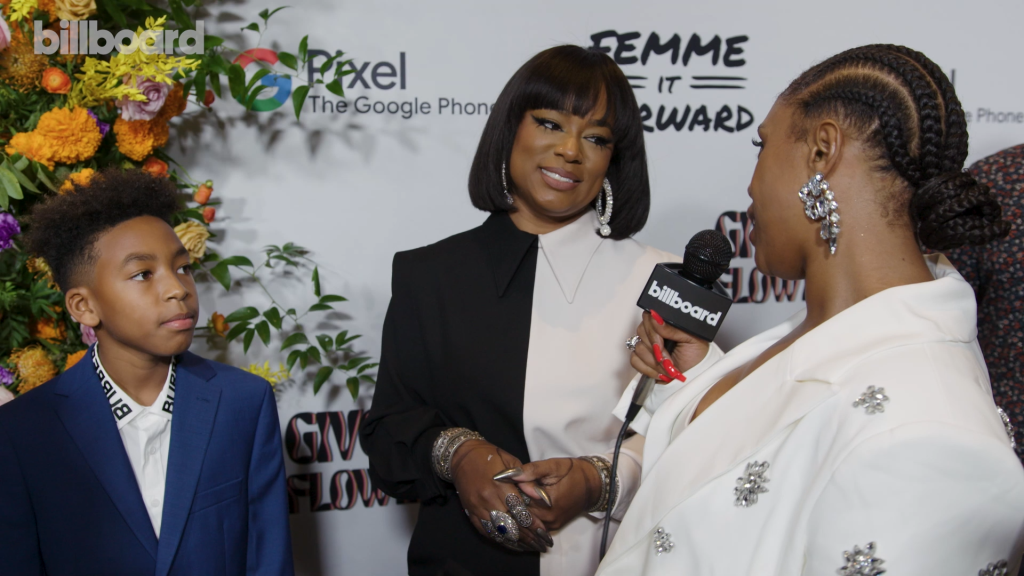
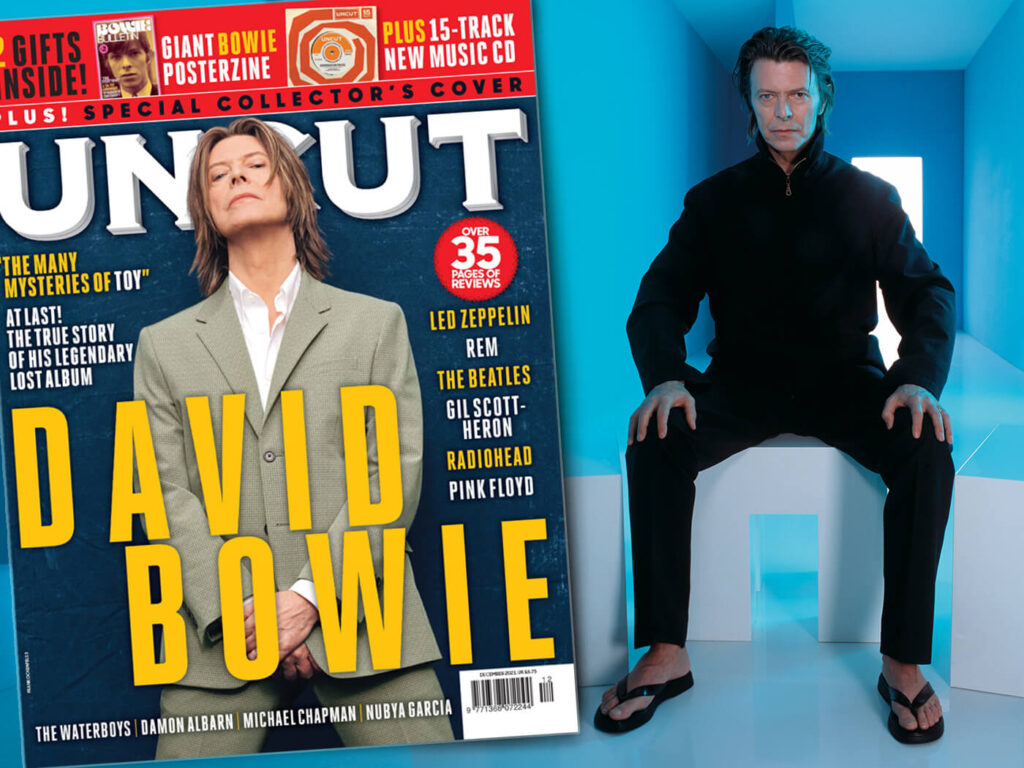

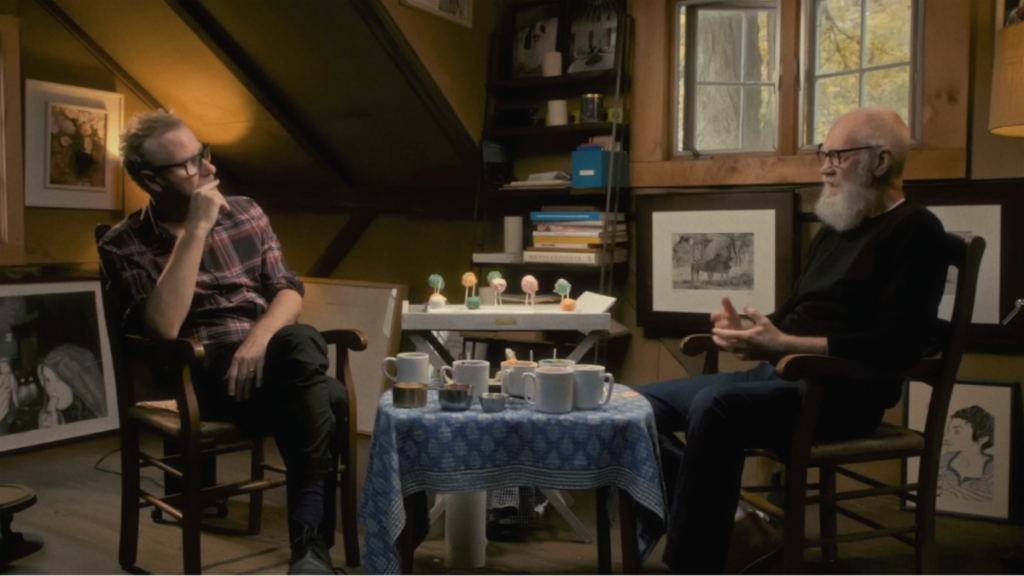
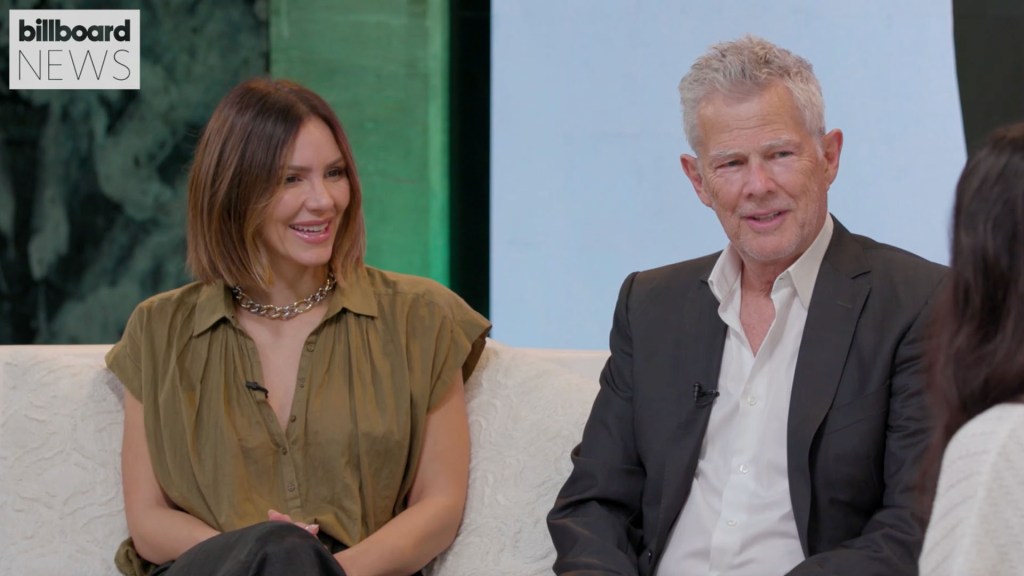
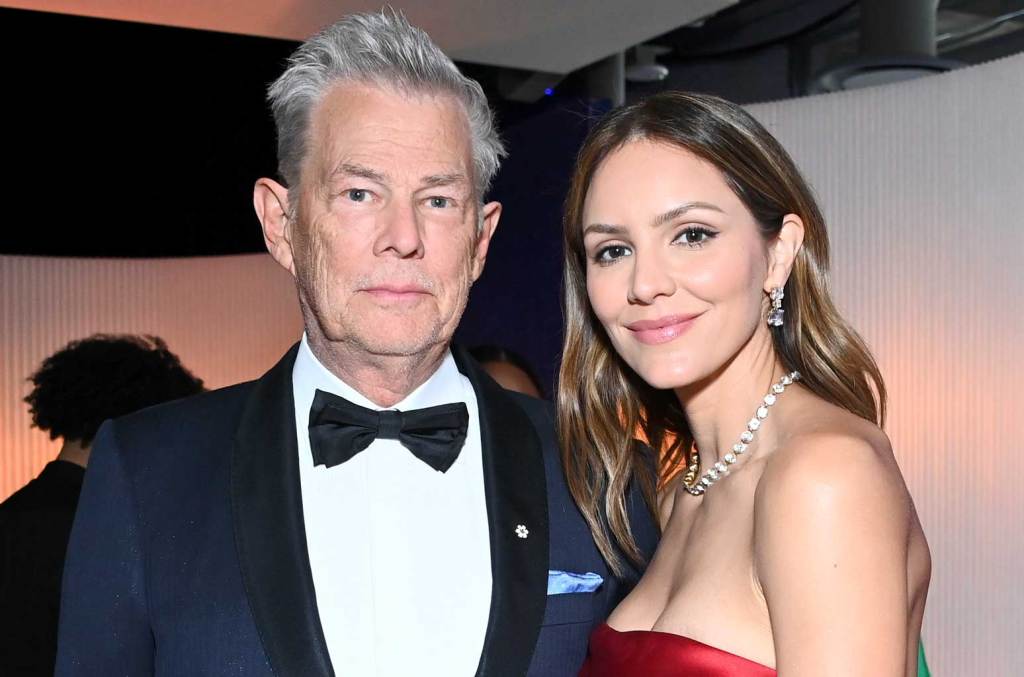
Responses